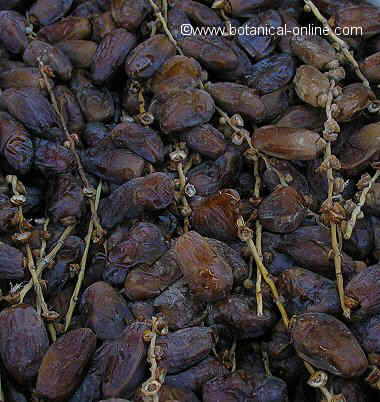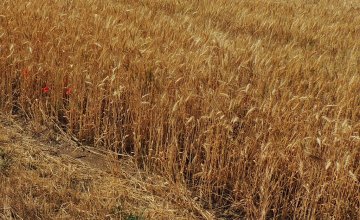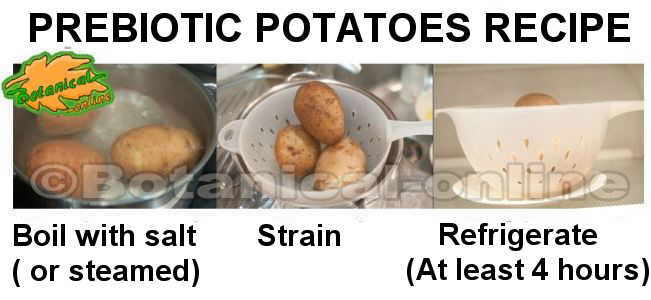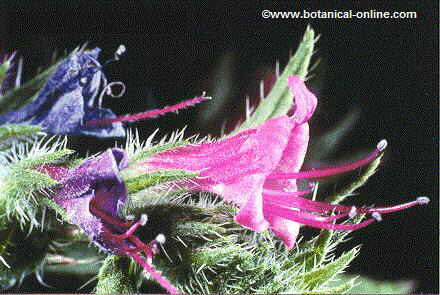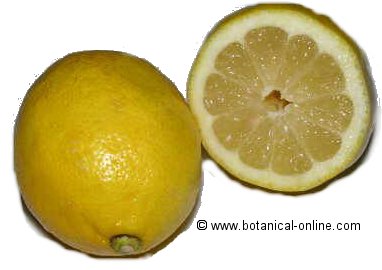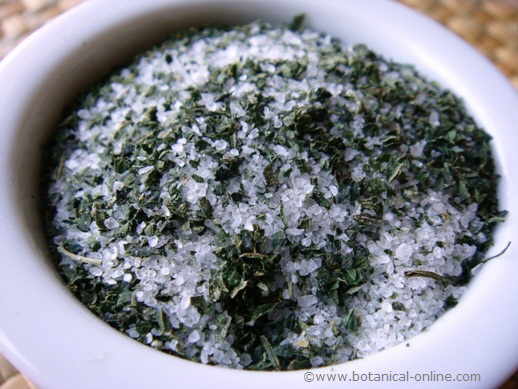Contents
Tips to diminish nitrosamines
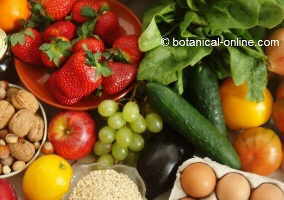
Avoid tobacco and pollution not to produce so many nitrosamines
Tobacco smoke is an important source of nitrosamines and is closely related to the appearance of cancer.
Unprocessed foods do not contain so many nitrosamines
Natural foods such as legumes, vegetables and fruits have a lower nitrite content than processed, precooked or cooked foods.
Processed foods should be taken infrequently.
Light eating can prevent nitrosamines formation
Foods that are very high in fat or with too much meat can cause food to remain in the stomach for a long time. The acidic pH of the stomach favors the formation of nitrosamines.
In addition, eating more calories than necessary predisposes to obesity, related to many diseases and cancer.
Keep food in the refrigerator
Refrigeration of food decreases the activity of the bacteria that form nitrosamines.
The lack of refrigeration in food could be related to a higher incidence of stomach cancer.
Antioxidants in every meal of the day
Antioxidants like vitamin E reduce the transformation of nitrites and nitrates into nitrosamines.
Antioxidants are found in all vegetables: sunflower seeds (without frying), homemade guacamole sauce, garlic oil, tangerines, strawberries, kiwis, pineapple, guava, almonds, extra virgin olive oil, etc …
Avoid constipation to reduce nitrosamines
If food remains in the digestive tract for a long time, it is possible that more nitrosamines are formed due to the action of the intestinal bacterial flora.
Avoiding constipation reduces the formation of carcinogenic compounds within our body.
![]() More information on nitrosamines and other toxic products
More information on nitrosamines and other toxic products
23 April, 2019

